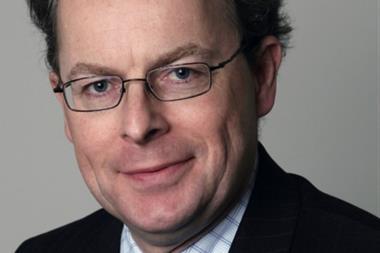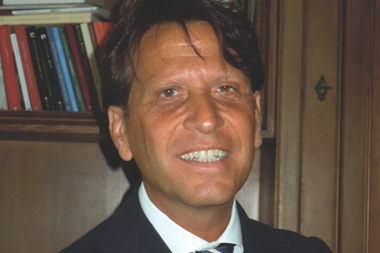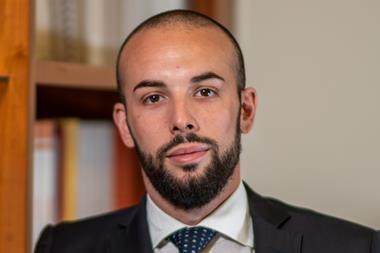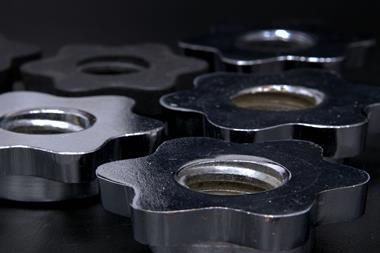Germany’s nuclear waste management fund KENFO has tactically adjusted its portfolio by increasing its allocation to cash and short-term bonds to 15% shortly before the start of the war in Ukraine to withstand the risks of rising inflation, chief executive officer Anja Mikus said, presenting the fund’s financial figures for 2021 last week in Berlin.
KENFO has also geared the portfolio strategically towards a balanced asset and risk structure to strengthen the ability to face crises, Mikus added.
Financial markets have been experiencing volatility since the beginning of this year, caused by rising energy prices, the Russia’s invasion of Ukraine, high inflation and rising interest rates, supply chain bottlenecks and the lockdown in China, the fund said in a statement.
At the end last year, KENFO invested close to 50% of its assets in global equities and real estate investment trusts (REITs), just over 35% in corporate and emerging market bonds, 10% in government bonds, 3% in illiquid asset classes and 2% in cash.
Total assets amounted to €25.5bn.
KENFO has last year, and it will continue this year, to build up its portfolio of unlisted investments with underwritings worth almost €1.3bn for private equity, infrastructure and private debt, it said.
Its illiquid portfolio had a book value of €624m at the end of last year, invested mostly in private equity (54.06%), and infrastructure (37.64%), while private debt accounted for total 8.30% of the assets allocated in private markets, the financial statement showed.
The nuclear waste management fund has returned 10.4% in 2021, up from 8.3% in 2020. It has achieved returns from iits business activities of close to €248m, it said.
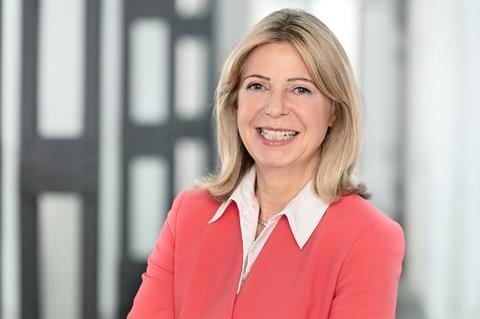
It has invested in capital markets a total of €4.82bn during 2021, including 44% (€2.10bn) in equities, 44% (€2.13bn) in corporate bonds, 12% (€571m) in illiquid investment vehicles and 9% (€423m) in government bonds. Investments in REITs were cut by 9% (€417m), instead.
KENFO has underwritten investments for a total €1.28bn in illiquid asset classes, including €361m in private equity, €615m in infrastructure and €312m in private debt, according to the financial statement.
In the year under review, KENFO has decided to reduce the CO2 intensity of its equity and bond portfolios by 20% up to the end of 2024. This first interim goal is intended to contribute to its net zero target to achieve by 2050.
Since it was set up in 2017, KENFO has paid out a total of €2.4bn, equaling to 10% of its assets, to the Federal Ministry for the Environment to finance costs of the disposal of radioactive waste generated by the use of nuclear energy to generate electricity in Germany.
The latest digital edition of IPE’s magazine is now available












